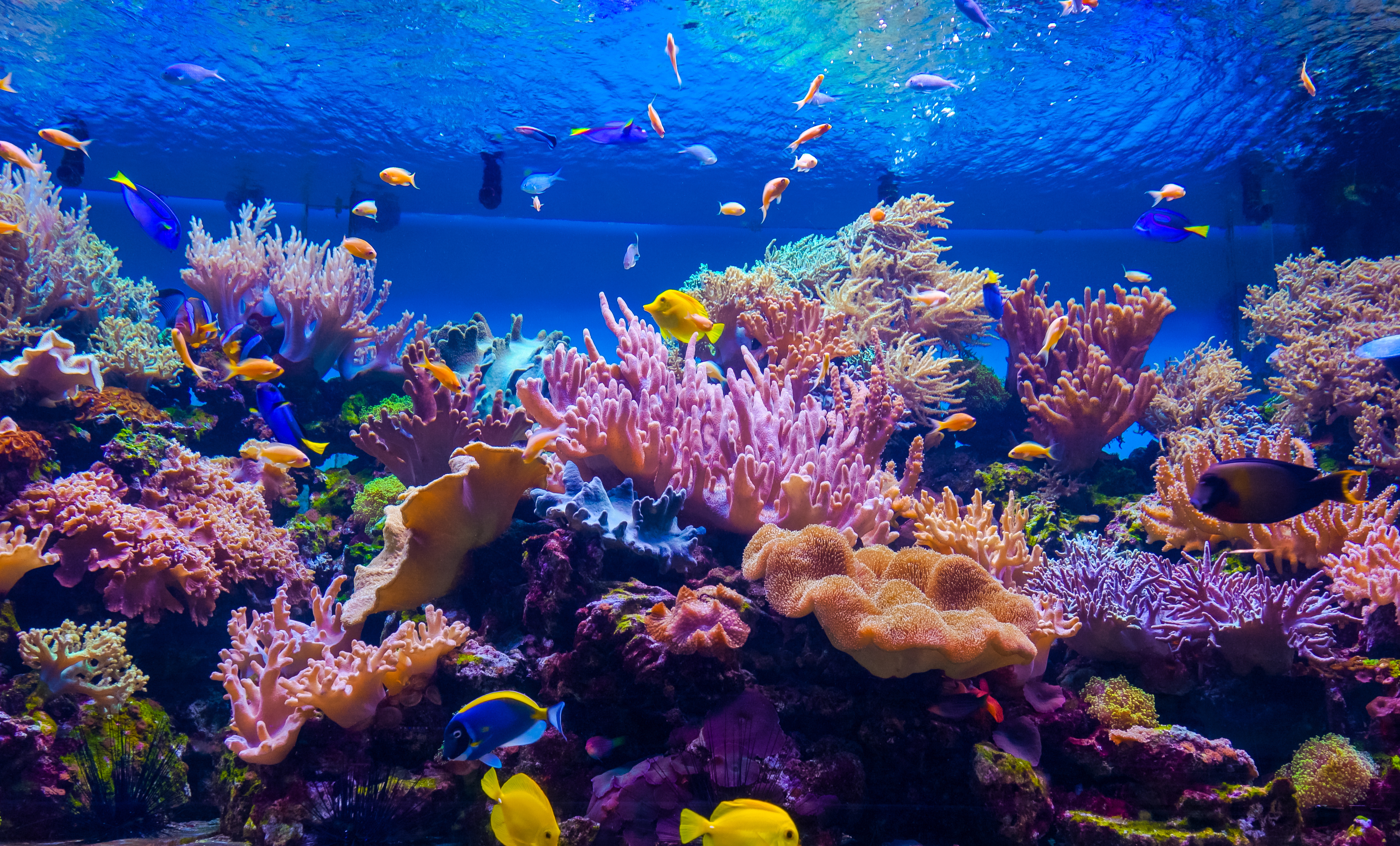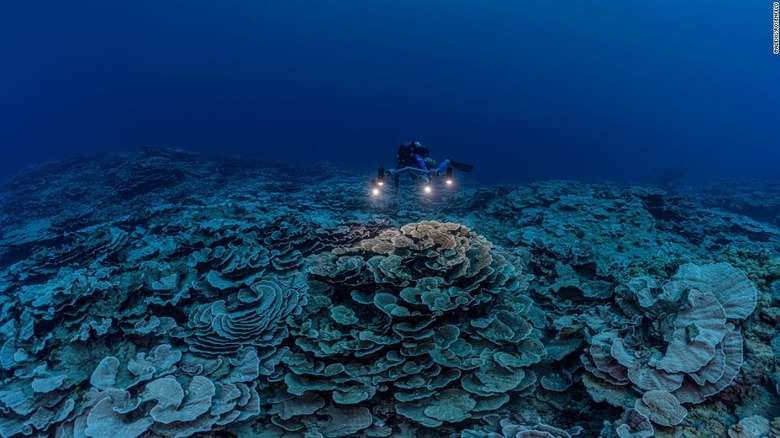Great Barrier Reef Has Reached 'Catastrophic' Coral Bleaching Levels, Study Warns
A new study has awful news for the Great Barrier Reef. Located off the coast of Australia, this reef is one of the largest in the world. However, this world treasure is in dire need of help, as researchers have conducted a new study that shows just how much coral bleaching is affecting the reef.
According to the findings published in Limnology and Oceanography Letters this month, researchers noticed that out of 462 coral colonies near the research station at One Tree Island, more than 66 percent were bleached in February of 2024. However, by the time April rolled around, more than 80 percent had become bleached.
Further, the researchers say that this region of the Great Barrier Reef experienced massive death rates, with more than 44 percent of the bleached coral dying off by July. Some, like coral genera and Acropora, experienced a startling 95 percent mortality rate.

This is obviously very concerning, as coral bleaching continues to be a widespread issue for our reefs. Despite the protected nature of the Great Barrier Reef, it is suffering greatly because of the ongoing fight against climate change—something likely to get even harder as some countries like the United States have started to pull out of climate change agreements once again.
The researchers involved in the study say their findings underscore a massive need for action to protect coral reefs like the Great Barrier Reef from coral bleaching and to continue in our losing fight against global warming. Unfortunately, that task is much easier said than done, and it is unclear how much more of the reef will suffer before we start to get things right.
Coral reefs go far beyond providing goals for ecology and conservation. They are also biodiversity hotspots that provide essential services to human communities for tourism, fisheries, and even coastal protection. If we cannot slow the rising global temperatures, we may lose more of these crucial resources.
